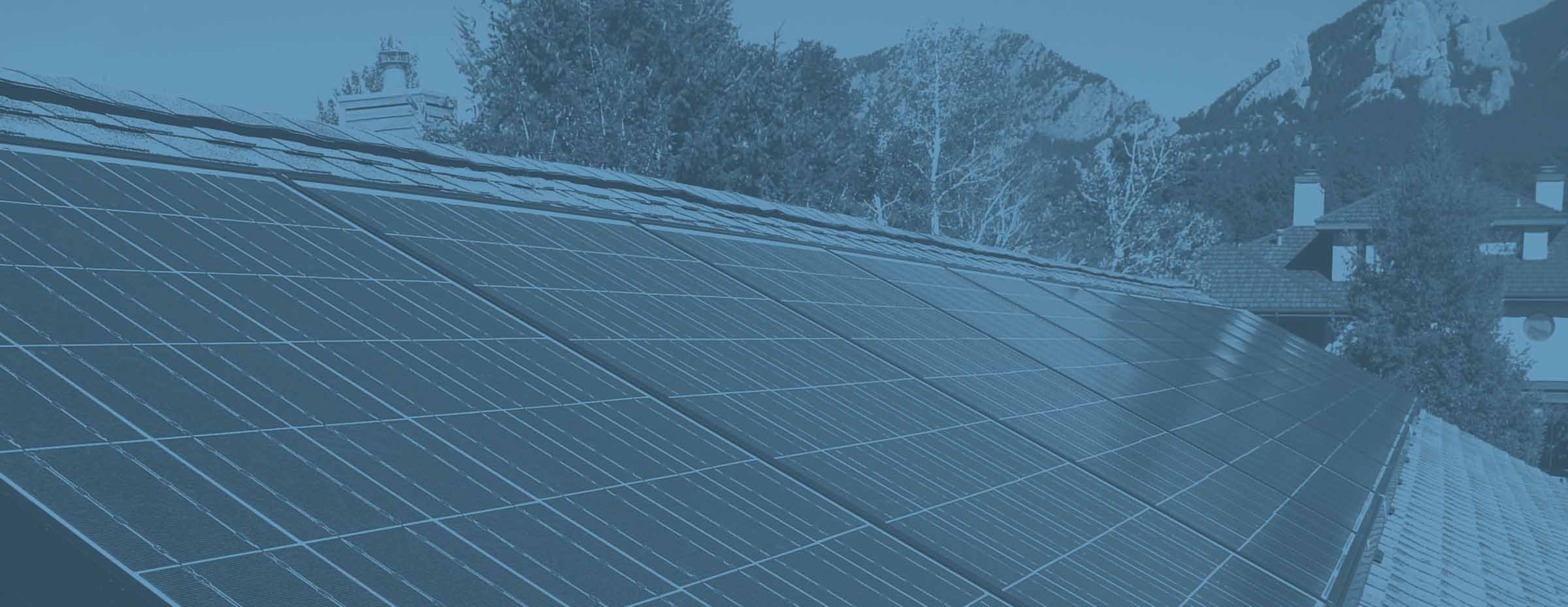Solar Electric & Battery Backup
Harnessing the energy of the sun is a clean source of energy to power your lifestyle.
Solar Electric systems use photovoltaic (PV) solar cells to convert the sun’s energy into electricity. PV systems offset your electricity usage, reducing your monthly electric utility bills and the uncertainty of increasing utility costs.
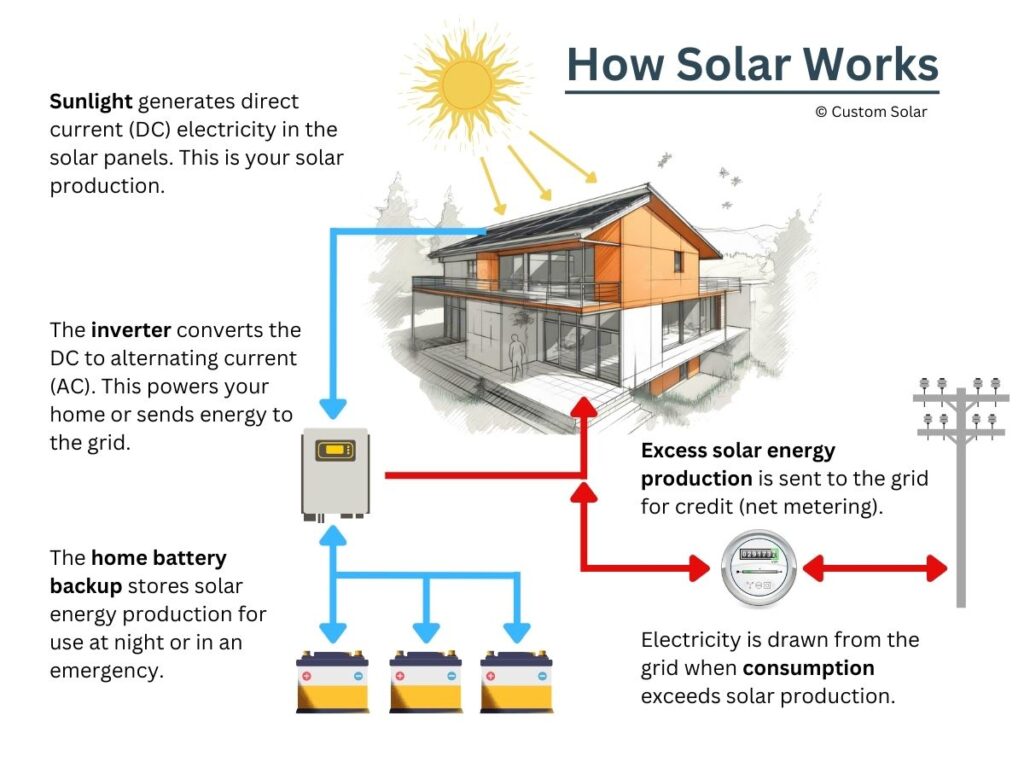
Incentives
Using the sun’s energy for home power is cost-effective and smart. In addition, various incentives (tax credits, grants, rebates) exist with local, state, and federal governments as well as with many utilities.
Resources to explore:
- Learn more about the federal solar Investment Tax Credit (ITC) which allows homeowners to claim 30% of their total solar system cost as a federal tax credit.
- Find information about Colorado incentives and policies that support renewable energy at the N.C. Clean Energy Technology Center.
- Explore solar grants in the City of Boulder.
- Xcel Energy net metering means you get credit for solar energy you supply to the grid.
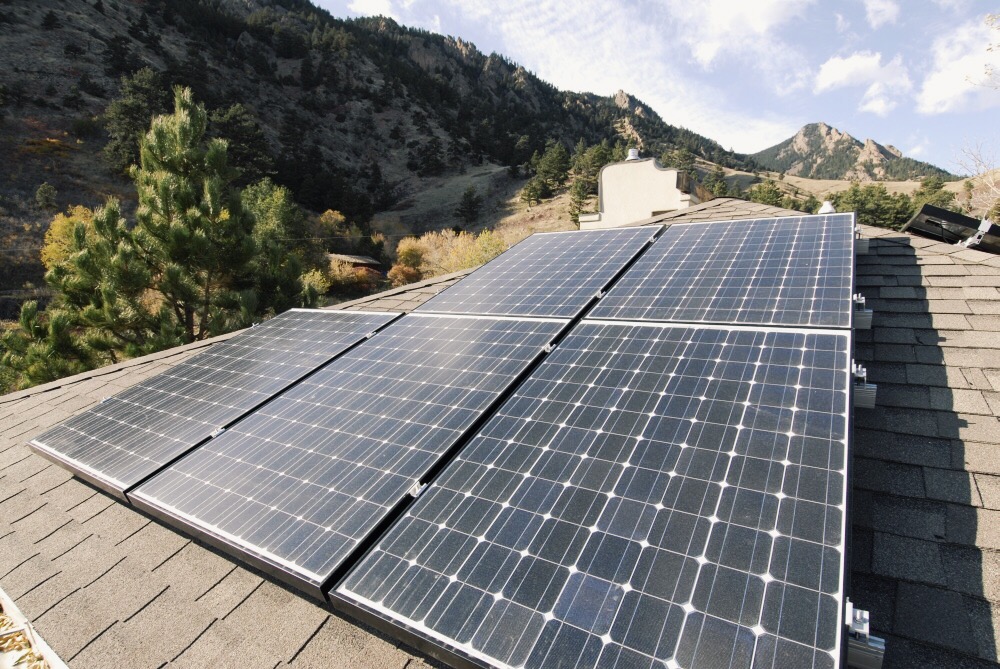
Types of systems:
Whether you live in a dense urban or suburban neighborhood, at the end of a country lane, or completely off the grid in a remote mountain home, solar makes sense.
We’ve designed, engineered, permitted and built systems of all kinds for homeowners, architects and contractors throughout the Front Range. Our integrated team of in-house engineering, design, permitting, installation and maintenance means you save money and time.
Typical goals:
- leverage net-metering to offset costs or sell your excess solar production
- set up off-grid power
- mitigate peak rates
- remain powered in a grid emergency
Whatever your goals, we can work with you to customize a completely custom, cost-effective, high-quality system.
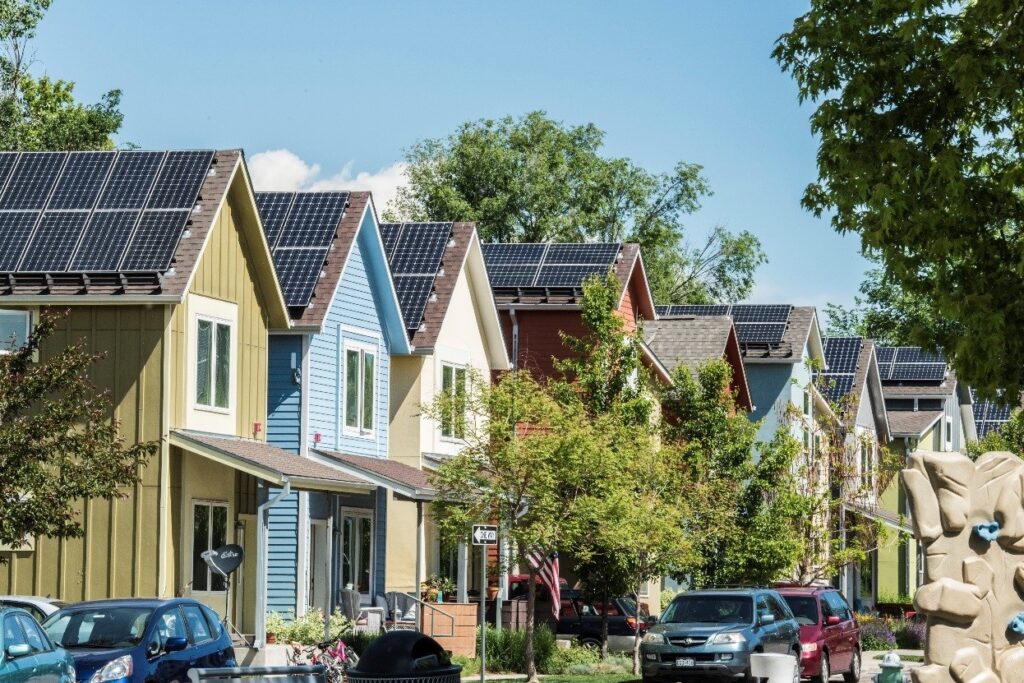
The system can be directly tied to your electric panel, “grid-tie,”

It can charge a bank of batteries for “off grid” applications,
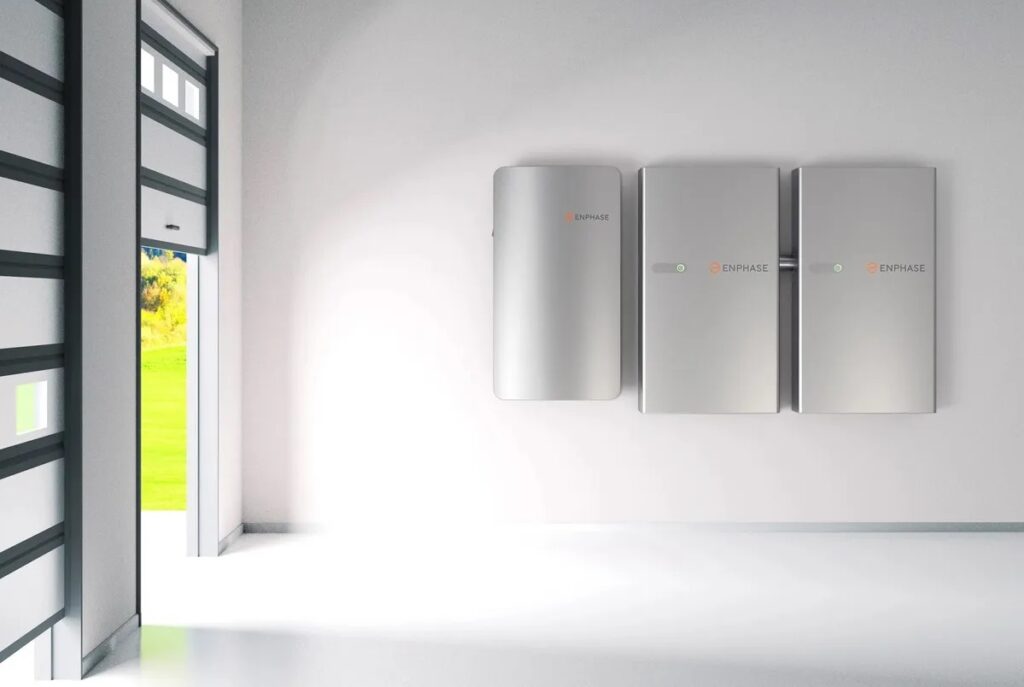
Or it can be designed as “grid-tie with battery backup.”
What is a Net-Zero home?
Net zero can be used as a starting point in the system design to determine the most appropriate system size and type.
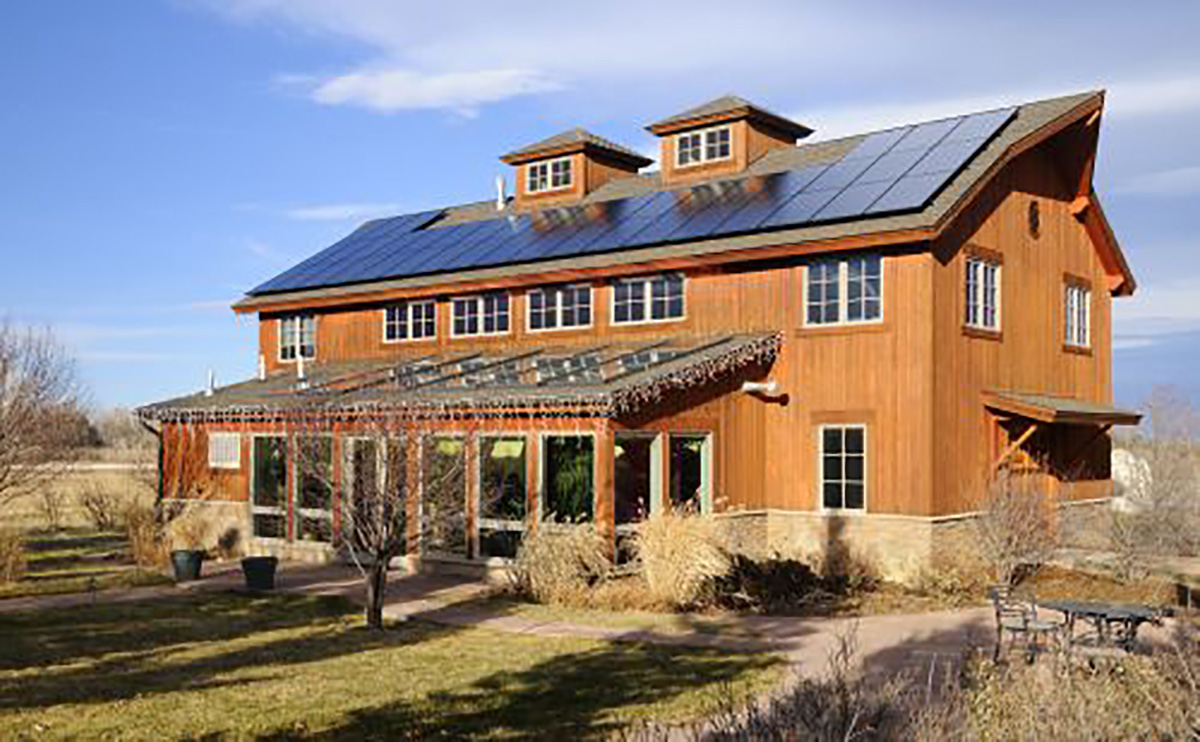
A net-zero home produces as much energy as it consumes. Renewable energy sources such as solar panels, along with energy-efficient design can be used to reach yearly zero net energy use.
It can also be applied to carbon standards in which one’s “carbon footprint” or carbon emissions are offset by their renewable and clean energy systems.
Battery Backup
Home battery backup systems store energy which you can use to power your house during an outage, at night when the solar panels are ineffective, or to mitigate fluctuating ‘time-of-use’ electric rates.
With a battery backup, you’ll be able to store any excess electricity generated by your solar panels. This stored electricity can be used to power your home during the nighttime and periods of panel inefficiency.
If you have a time-of-use utility plan, it means your utility charges more for power during peak hours than they do for off-peak hours. You can use a battery backup system to save money on your electricity bill by using power from your battery to power your home during peak hours when the rates are high. During off-peak hours, you can use your grid power as normal at a cheaper rate.
Battery backups run on electricity, either from your home solar system or the electrical grid. As a result, they’re much better for the environment than fuel-powered generators as a means of backup in an emergency.
Battery backup benefits:
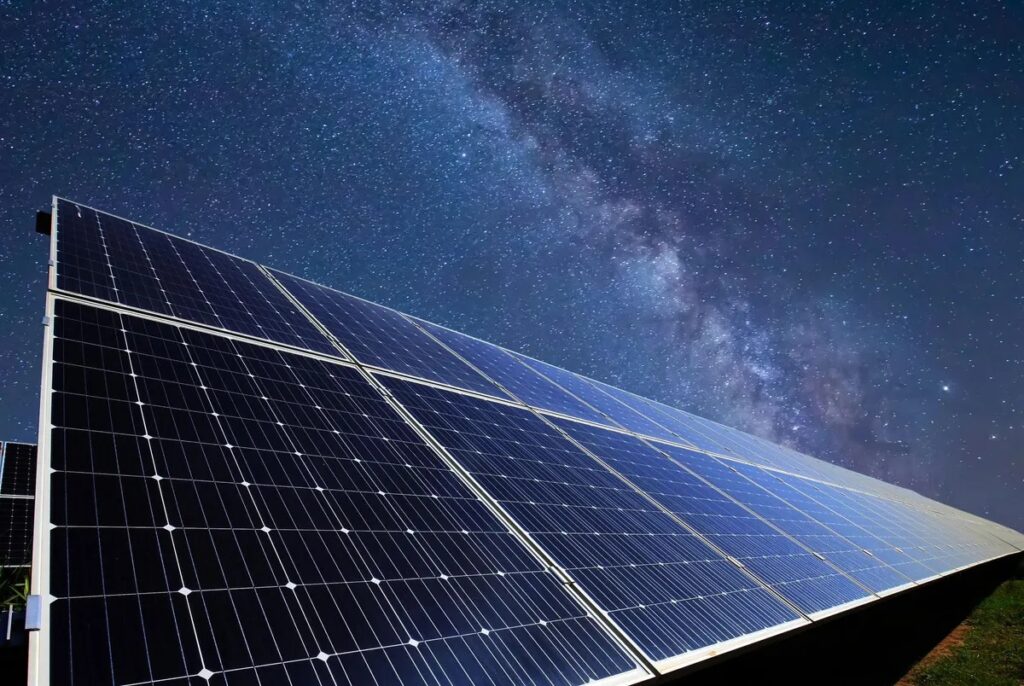
Store solar panel electricity for nighttime use
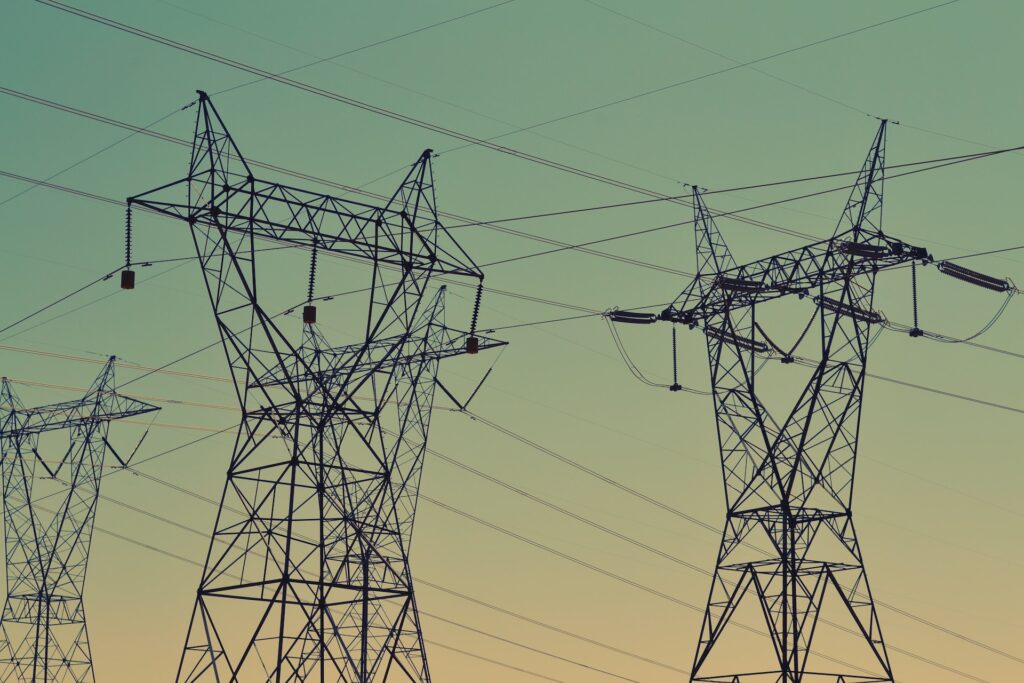
Mitigate higher electricity rates during peak hours

Maintain electrical power during grid outages
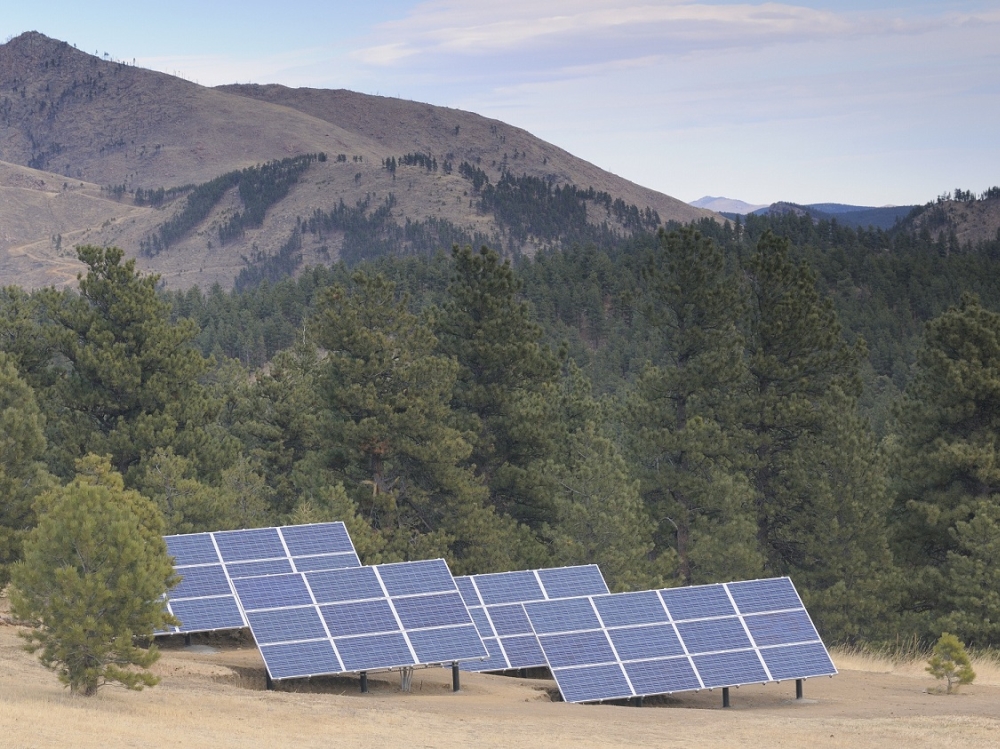
Let’s Talk About Going Solar
Let us show you how our experienced team can deliver the best custom system at the best cost value.

